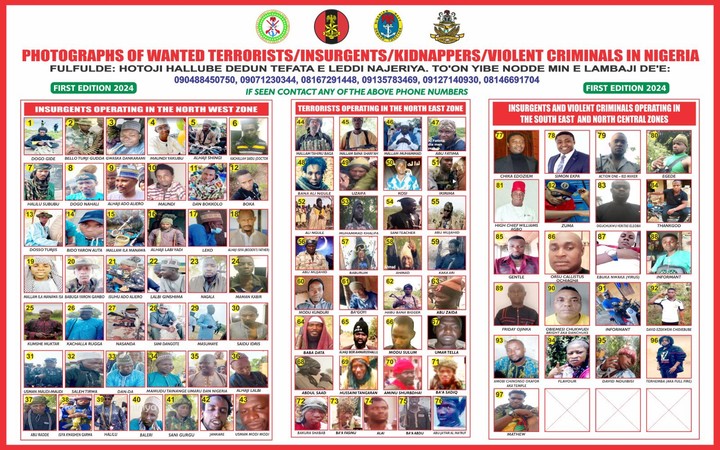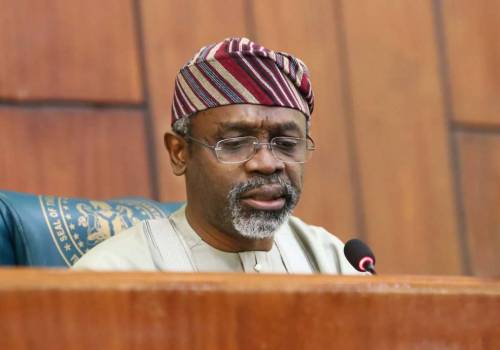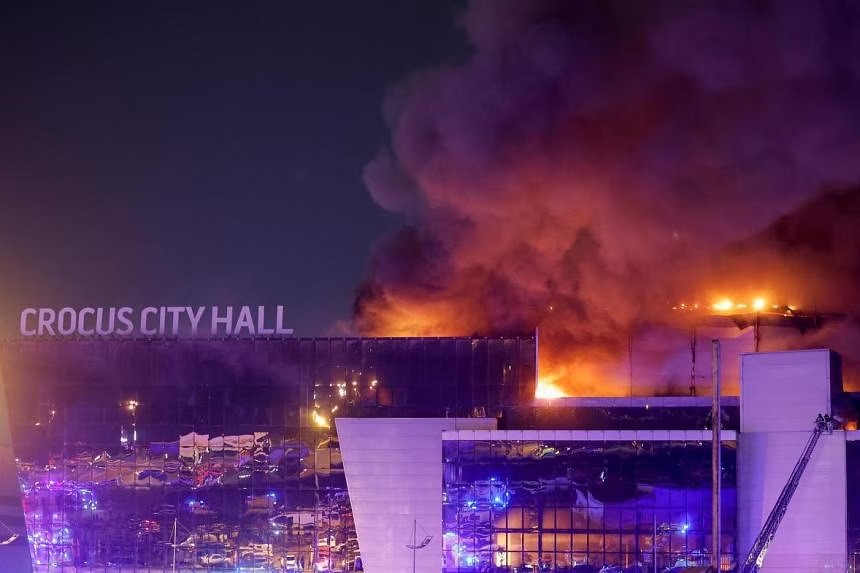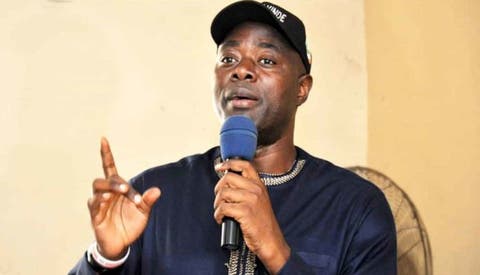Social Media Regulation Necessary To Tackle Fake News, Anti-State Groups –Lai Mohammed
Former Minister of Information and Culture, Lai Mohammed, has called for the regulation of social media to tackle anti-state groups, anarchists, and other “harmful entities” in the country. Mohammed emphasized the need for stricter oversight of social media platforms to prevent them from being exploited by those seeking to undermine the government and incite violence. Riding Motorbike Alone Across Laos – Beautiful Memories from LAOS – Nếm TV He noted that his call was not an attempt to stifle freedom of expression or censor dissenting voices, but a step geared towards ensuring that the social media platforms were held accountable. Mohammed, who is also the Managing Partner of Bruit Cosaud, a policy advisory firm, made the call at the iRepresent International Documentary Festival, which forms part of activities to mark the 90th birthday anniversary of Prof. Wole Soyinka, in Lagos on Friday. The theme of the event was “Disinformation and Misinformation: The Media in the Age of Discontent”. He said: “Let me state here that I support the calls for the regulation of social media. However, regulation of social media should not be misconstrued as an attempt to stifle freedom of expression or censor dissenting voices. “Rather, it should be viewed as a necessary step to ensure that these platforms operate in a manner that is responsible, ethical, and conducive to the well-being of society.” Mohammed further urged the current administration to take action against social media companies that allow misleading information to circulate unchecked. According to Mohammed, the unchecked spread of fake news and hate speech on social media has become a serious threat to national security, with anti-state groups using these platforms to spread propaganda and incite public unrest. He warned that this trend could have dire consequences for the stability of the country and called for decisive action to address the issue. He noted that social media remained a major space for proliferation of fake news, adding that the consequences of disinformation and misinformation were far-reaching in undermining democratic processes, among others. He said: “Social media remains the platform of choice for the purveyors of fake news, anti-state groups, anarchists, secessionists, terrorists and bandits. It’s either on Facebook, Instagram, X, etc. With a smartphone and data, people can broadcast whatever they want with ease. “Similarly, through technology and inventions, the challenge has even become exponential through the use of Artificial Intelligence and deep learning techniques to create highly realistic fake or manipulated videos, audio recordings or images. “These creations often involve superimposing existing images or videos onto other contents, making it appear as though individuals are saying or doing things they never did. This is era of deepfake! “There is no doubt that the proliferation of digital media platforms has transformed the landscape of information dissemination the world over. While these platforms have democratized access to information, they have also provided fertile ground for the spread of falsehoods and manipulation. The rapid circulation of misinformation, fueled by algorithms designed to maximize engagement, has led to a crisis of trust in traditional media institutions. “The consequences of disinformation and misinformation are far-reaching. They undermine democratic processes, sow discord within communities, and pose significant threats to public health and safety. False narratives surrounding elections can trigger legitimacy problems for the winner There were conspiracy theories fueling vaccine hesitancy as witnessed during the COVID 19 pandemic among other consequences of fake news. The impact of misinformation can be devastating, exacerbating existing fault-lines and hindering collective action.” He, however, cleared the air on why ex-President Muhammadu Buhari-led administration suspended the services of Twitter (now X), stating that the move was to check the nefarious activities of some groups bent on promoting anarchy. “We were compelled to suspend the services of Twitter, now X, when it became evident that Twitter had yielded its platform to proscribed groups, who were bent on promoting anarchy and destabilizing the country,” he added.













